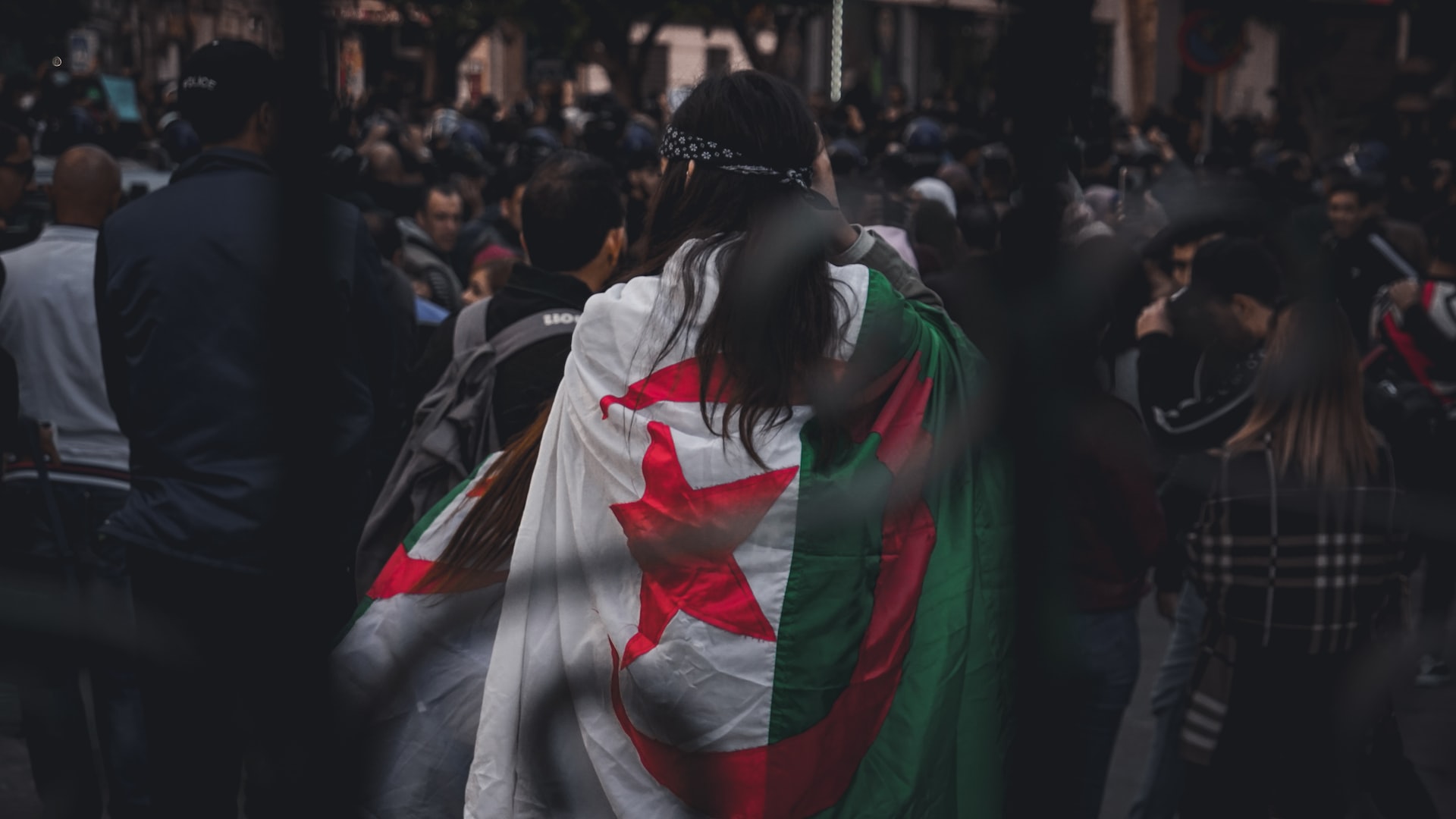Algerian authorities continue to escalate the repression against independent civil society organisations and individuals exercising their fundamental rights to assembly and expression. This year, several human rights groups provided submissions to the UPR addressing the Algerian authorities’ failure to uphold their obligations before the Constitution and international human rights instruments they have ratified, with harsh repression against human rights defenders and activists in the context of the closure of civic space.
The crackdown on the Algerian League for the Defence of Human Rights (LADDH) and other civil society organisations and human rights defenders occurs in this context of heightened repression against the pro-democracy movement and dissenting voices in the country, in an effort to silence independent civil society working to protect and promote human rights in Algeria at the international level, including at the Human Rights Council.
Most recently, on 3 November 2022, Manseri Ahmed, member of LADDH’s Tiaret section, was sentenced to one year in prison and fined of 50,000 Algerian dinars ($355) on charges of ‘spreading false information’, ‘undermining State security and public order’, and ‘calling for an unarmed gathering’. Two members of LADDH are currently detained on similar charges. Hassan Bouras remains in pre-trial detention and Hamid Goura was sentenced to one-year imprisonment.
Claiming that the organisation is operating without the required licences which they are not providing, authorities sentenced Faleh Hamoudi, president of LADDH’s Tlemcen section, to three years in prison and a fine of 100,000 Algerian dinars ($711) on charges which include ‘operation without the required licenses’ in the court of first instance, though his sentence was then reduced to one year by the court of appeal.
This follows the closure of two Algerian organisations in 2021 and the arrest and prosecution of their members. On 13 October 2021, the administrative court of Algiers approved a request from the Ministry of Interior to dissolve Rally Youth Actions (Rassemblement Actions Jeunesse –RAJ), a youth cultural and human rights organisation.
On 14 November 2021, Nacer Meghnine, the President of SOS Culture Bab El Oued, a youth and cultural organisation, was sentenced to one year in prison for ‘disseminating publications to undermine national unity’ and ‘inciting an unarmed gathering’. He was arrested along with three other members in April 2021, when authorities shut down their offices.
Travel ban measures and harassment are also part and parcel of an effort to intimidate human rights defenders. On 24 August 2022, Algerian authorities prevented Kaddour Chouicha from boarding a plane to Paris, where he and his wife Jamila Loukil were planning to participate in several advocacy meetings in Europe on the ongoing deterioration of the human rights situation in Algeria. This represents a clear case of reprisals perpetrated by Algeria against Chouicha, the vice president of the Oran section of the LADDH and Loukil, also a member of the organisation. Blocking their travel is part of a wider campaign to suppress the work of the organisation and its members.
Kaddour Chouicha, Jamila Loukil and Said Boudour are all charged in a criminal case, which includes ‘enrolment in a terrorist or subversive organisation active abroad or in Algeria’, ‘conspiracy against state security to incite citizens to take up arms against state authority or to undermine the integrity of the national territory’, ‘propaganda likely to harm the national interest, of foreign origin or inspiration’, and ‘enrolment in a terrorist or subversive organisation active abroad or in Algeria’. If convicted of these charges, they face a prison sentence of up to twenty years.
In a joint statement published in 2020, UN Special Procedures expressed ‘alarm at the extent of crackdown on dissent in Algeria’, decried the increased use by authorities of ‘national security laws to prosecute people who exercise their rights to freedoms of opinion and expression, and peaceful assembly and association’. Nevertheless, on 8 June 2021, Presidential ordinance 21-08 expanded the already vague definition of terrorism in Article 87bis to further allow the criminalisation of peaceful dissent, and created a national terrorist list for individuals or entities subject to a preliminary investigation.
Since March 2020, at least 20 communications have been sent to the Algerian government by multiple Special Procedure mandates, including in relation to arbitrary and violent arrests, unfair trials, violations to freedoms of expression, assembly, religion and belief, as well as reprisals against human rights defenders and peaceful activists.
The High Commissioner and the spokesperson for the High Commissioner addressed the situation of human rights multiple times, including in a press briefing on 5 March 2021, stating that they were ‘very concerned about the deteriorating human rights situation in Algeria and the continued and increasing crackdown on members of the pro-democracy Hirak movement.
The Cairo Institute for Human Rights Studies (CIHRS) and ISHR call on all stakeholders, including the OHCHR, UN special procedures and States to use the ongoing UPR review as an opportunity to raise publicly the situation of human rights defenders in Algeria and ensure their protection, including when they engage with the UN and its mechanisms.
This statement is also available in Arabic.
Download as PDF




